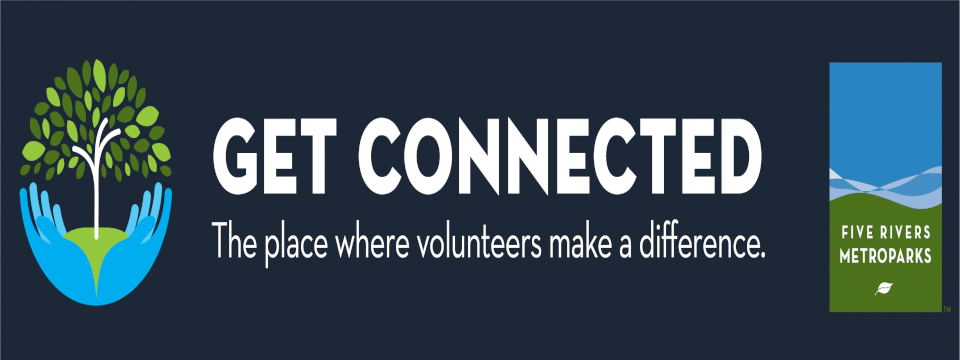Five Rivers MetroParks has been awarded $1,450,450 - that's right, nearly $1.5 MILLION dollars - from the Urban and Community Forestry Program for the Possum Creek MetroPark and Spring Run Conservation Area Forestry Project!
The project includes:
-assessing tree and forest inventories,
-removing invasive plant species,
-protecting ash trees against non-native insect pests,
-purchasing new small tools and equipment,
-conducting wildlife surveys, and
-planting native trees and shrubs to expand the urban canopy.
This grant opportunity is part of President Joe Biden's Justice40 Initiative, a federal government program with a goal that 40 percent of the overall benefits of certain federal investments flow to disadvantaged communities that are marginalized, underserved, and overburdened by pollution. The types of federal investments that fall under the Justice40 Initiative are those related to some of the very work we do at FRMP: climate change, clean energy and efficiency, remediation and reduction of legacy pollution, and the development of critical clean water infrastructure.
This specific grant is part of the Inflation Reduction Act, and all told, will invest more than $1 billion into communities in all 50 states, the District of Columbia, several U.S. Territories and Tribal Nations - impacting more than 84% of all Americans.
Volunteer support will be needed to support these efforts over the next 5 years. Plant community and forest inventories will be conducted by a qualified consultant at Spring Run Conservation Area and Possum Creek MetroPark upon grant award. This data will be used to prioritize future forest planning and pest management efforts by utilizing GIS and forest inventory protocols. MetroParks staff and volunteers will conduct GIS mapping in priority invasive removal and tree planting areas.
Due to the substantial infestation and plant adaptations, invasive plants will be removed from the site in accordance with best management practices and available science throughout the 5-year grant timeline. Removing invasive plant species will protect native tree populations by reducing competition for nutrient resources in the soil as well as available light resources in the canopy. Invasive species to be removed includes, but is not limited to, Glossy Buckthorn (Rhamnus frangula), Amur Honeysuckle (Lonicera maackii), Callery Pear (Pyrus calleryana), Privet (Ligustrum sp.), Oriental Bittersweet (Celastrus orbiculatus), and Autumn Olive (Elaeagnus umbellate). The bulk of the invasive species removal will be completed by contractors. In areas that cannot be accessed by large equipment used by contractors, MetroParks will also engage staff and volunteers to remove species by hand with supplied tools.
Finally, tree and shrub plantings will occur in areas where invasive plants have been eradicated to at least 90% control. MetroParks staff and volunteers will be engaged to support these native tree and shrub plantings.
Volunteer support will be needed to support these efforts over the next 5 years. We hope you will join us in support of this project in the years ahead as we continue to protect our region's natural heritage! Look for volunteer opportunities beginning in 2024 and sign up to lend a hand and make a big impact!
Looking for other ways to support Five Rivers MetroParks? Consider a donation to the Five Rivers MetroParks Foundation. You can make a one time or recurring donation to support our parks, programs, events, and conservation efforts. Every amount helps and every donation is tax-deductible. Learn more about supporting Five Rivers MetroParks with a financial gift here.
Did you know that your recorded volunteer hours helped us apply for this grant as well as many others? Grants like this one require detailed reporting of volunteer service in the grant application process. Thanks to Get Connected, we were able to provide very accurate details on volunteer service for this grant. Help us and extend your service by ensuring that every time you volunteer, you are documenting your volunteer hours in Get Connected! Need help? Check out this month's Get Connected Tech Tip to learn more about documenting hours and give us a call for additional assistance.



